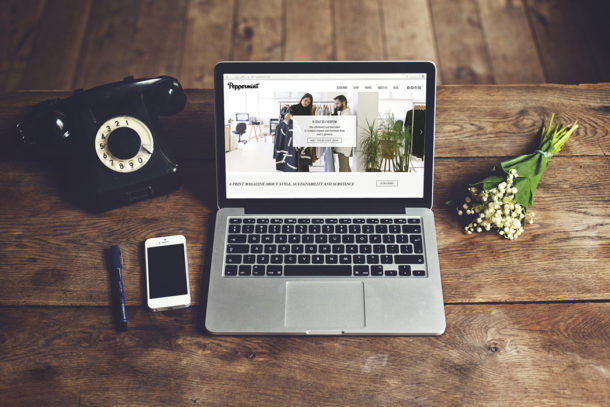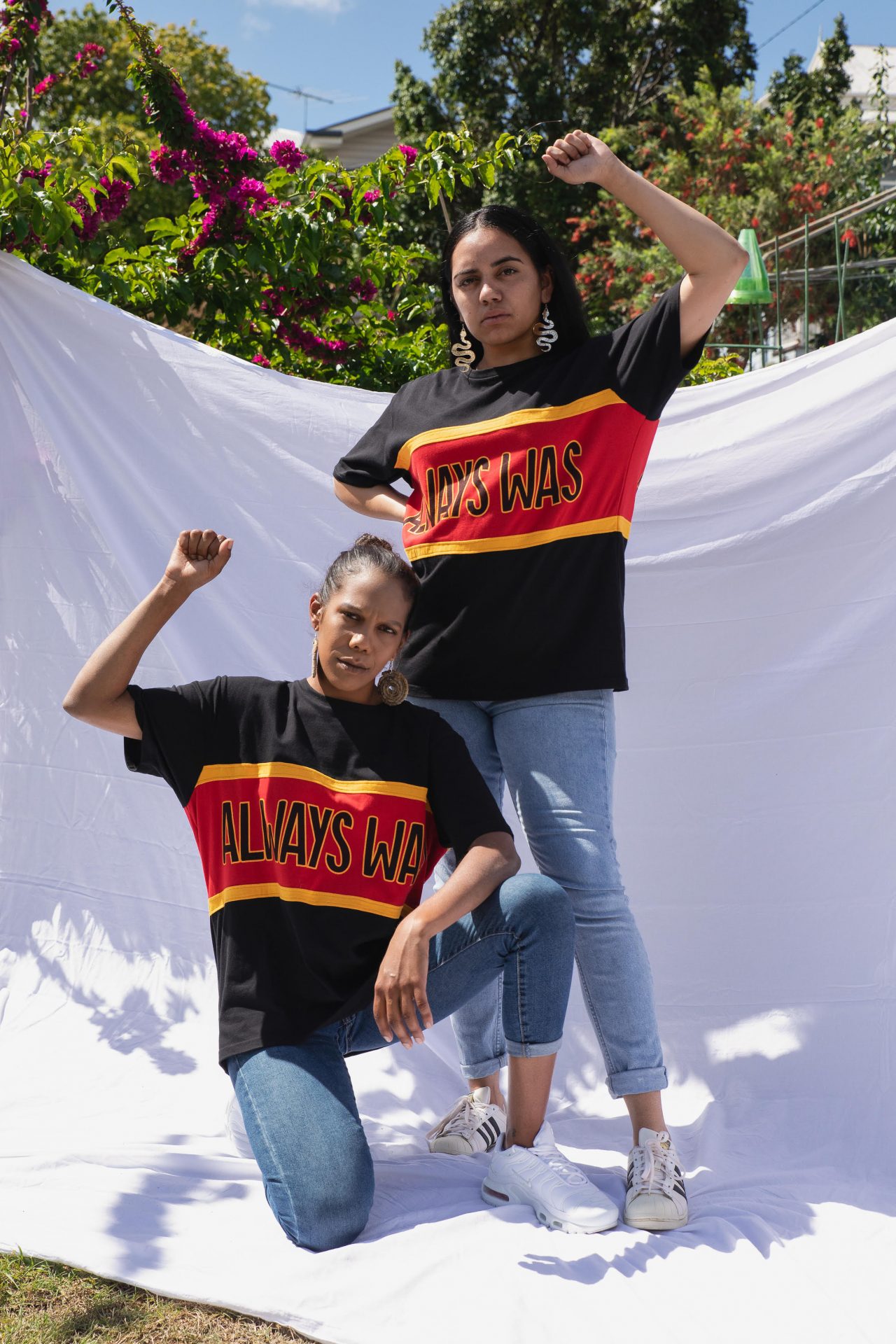
How To Respectfully Navigate 26 January and Above All Be A Good Ally
*That* time of the year is fast approaching – the public holiday in January that’s home to the questionable annual celebration of invasion. The stark reminder that a day off with beach cricket and a BBQ is more considered and celebrated than First Nations lives.
Just a week into the new year, supermarkets begin lining their shelves with tacky decorations smothered in Union Jacks, all resistance to the celebration is publicly denounced in mainstream media and, despite the ongoing project of colonialism, voices grip the country asking, “Why can’t they just get over it?”
The effects of colonialism are violent and ongoing – it is not possible to avoid these impacts and First Nations peoples have not been afforded the option or privilege to just “get over it”. The ability to stay silent on important issues is privilege in action. But you can weaponise your privilege the right way and commit to being a good ally.
Being a good ally extends beyond just posting a black square on Instagram, so here are some ways you can respectfully and mindfully navigate 26 January and continue to use your allyship to invoke change.
………………….
words and images from YORTA YORTA WOMAN TANESHIA ATKINSON top image courtesy of CLOTHING THE GAP
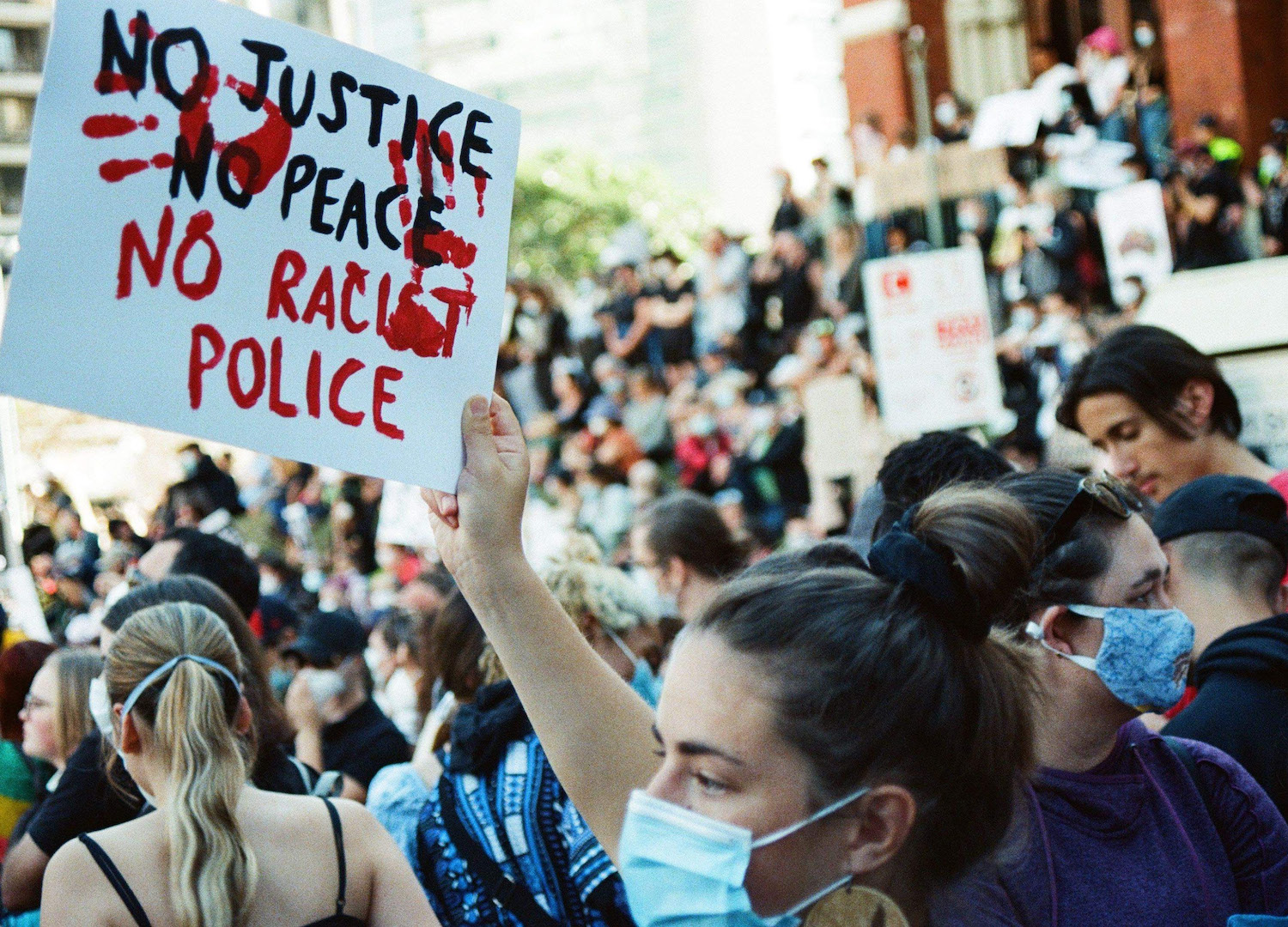
Show up
There are many Aboriginal-led events across the country on 26 January to protest ongoing colonisation, mourn those who have passed at the hands of the state or during the Frontier Wars, and as a call to action to continue truth-telling, highlighting ongoing injustices and demanding change. It is important to note that protests and rallies are not just about opposing the celebration of ‘Australia Day’.
ANTaR has developed a list of events happening nation-wide on 26 January. More information can be found on Google or Facebook, or via the Warriors of the Aboriginal Resistance Instagram page.
Educate yourself
Truth telling and self-education is vital, and unlearning may be necessary. History books are laced with the false pretence of a peaceful ‘discovery’ of Australia to legitimise invasion, and generally the school curriculum doesn’t go any further than a Q&A after a documentary.
Did you know that in 1938, as part of one of the first civil rights movements in the world, First Nations people had already declared 26 January a Day of Mourning – well before 26 January became a national public holiday?
There’s a wealth of knowledge and plenty of resources available online and on social media platforms. Instagram accounts @warrevolt, @clothingthegap and @blakbusiness are great places to start. Frontier War Stories hosted by Gamilaraay, Kooma and Murrawarri man Boe Spearim is a powerful podcast dedicated to truth-telling about the history that was left out of Australian history books.
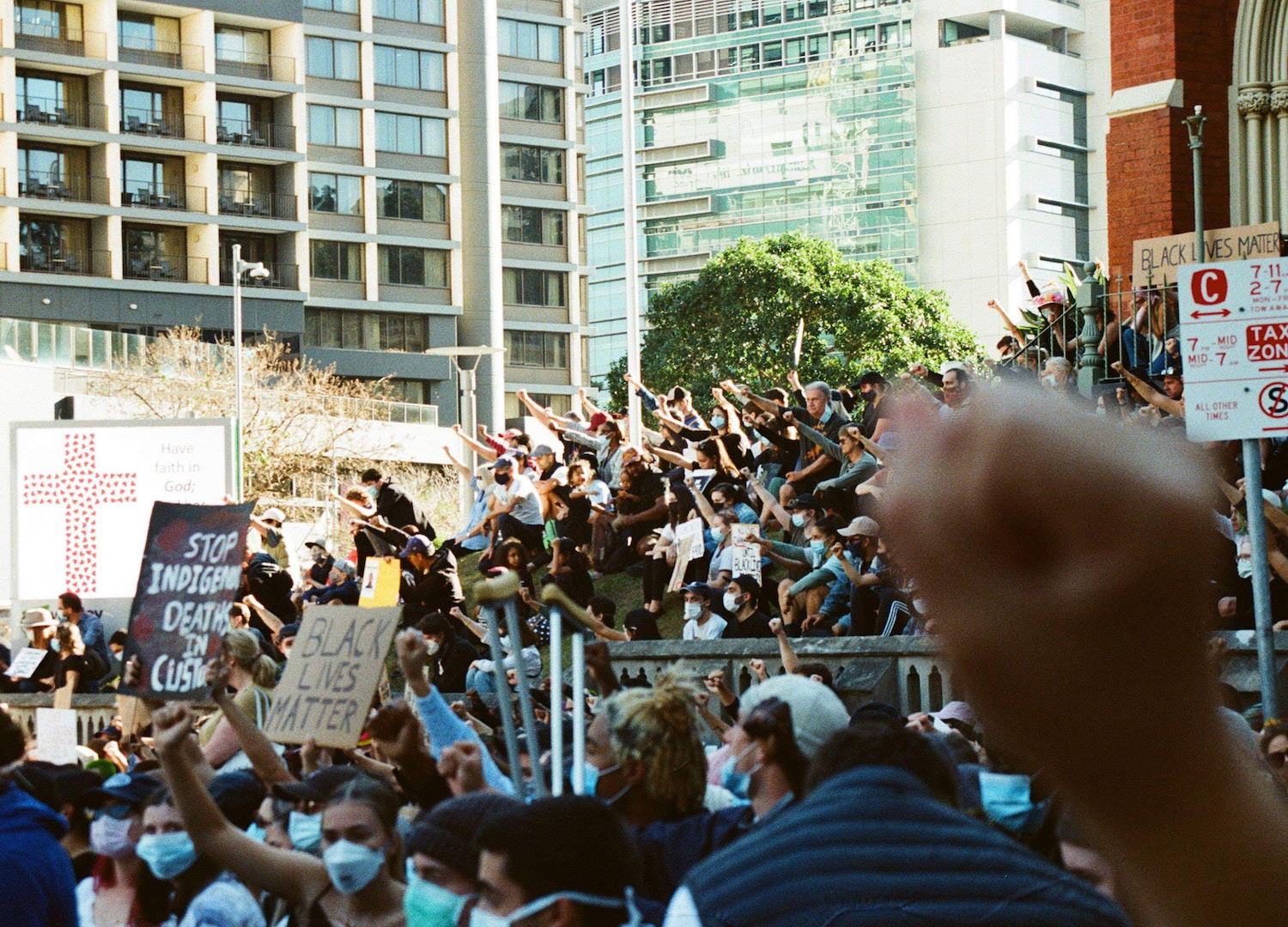
Educate those around you
Sometimes that means having difficult conversations with co-workers and family members to challenge conservative myths, white supremacist values or unconscious bias. These conversations may be confronting and are often easier to avoid, however, as Barkindji woman and business coach Dixie Crawford has perfectly put, when we avoid these conversations, “we miss out on the uncovering, exploring and expanding of who we are and how we can be better”. Furthermore, by holding these conversations, you are removing some of the emotional labour experienced by First Nations peoples.
Centre, listen to and amplify First Nations voices
If you’re not sure what to say, and not sure how to respond – listen. First Nations peoples have been asking for change and providing solutions for decades and in many cases, these voices have been silenced and ignored. Diversify your feed. Uplift First Nations voices. Continue reading and listening about First Nations experiences and perspectives. @blackfulla_bookclub is a powerful platform that celebrates First Nations authors and storytellers.
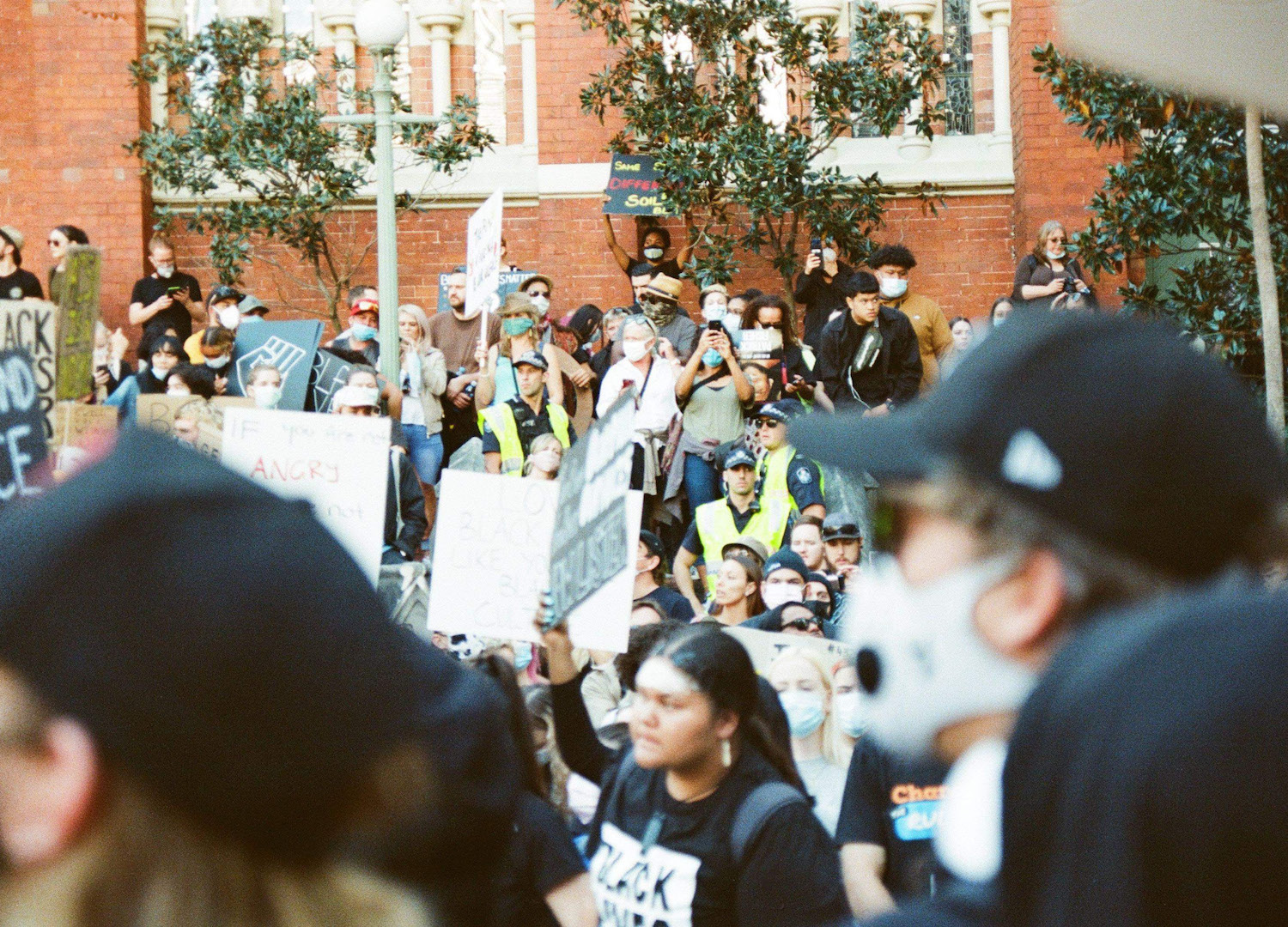
Pay the rent
Remember that how you spend your money is political. Distribute your wealth and buy from First Nations owned businesses. Gomeroi woman Amy Thunig has created this excellent list of First Nations owned businesses. Path to Equality also has a detailed list of First Nations organisations and important causes to donate to – even if all you can donate at the moment is a few dollars.
Continue your allyship throughout the year
There is much more work to do following 26 January. Sign and share petitions year-round. If you are in a position to do so, challenge your employer to ensure your workplace has appropriate strategies to employ, support and advance First Nations staff. Hold businesses and institutions accountable to ensure they’re considering First Nations peoples and communities. Write to your local Member of Parliament to demand government action.
Remember that doing nothing is an action too. One of my favourite quotes to reflect on is, “If you are neutral in situations of injustice, you have chosen the side of the oppressor.” It’s not enough to be non-racist, we must be anti-racist. Find how best your skills, privilege, experiences and current wellbeing can contribute to a greater society. Each act of resistance and allyship, no matter how small, contributes to something much more rewarding and beautiful than our current reality.


